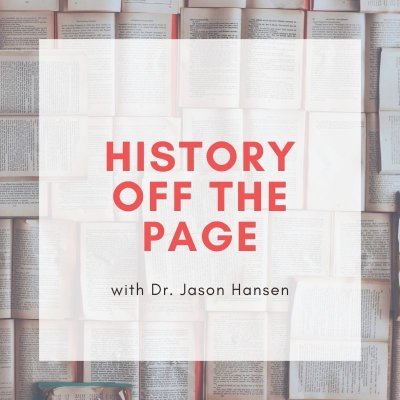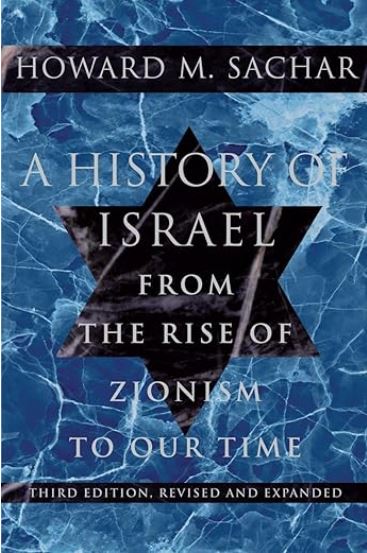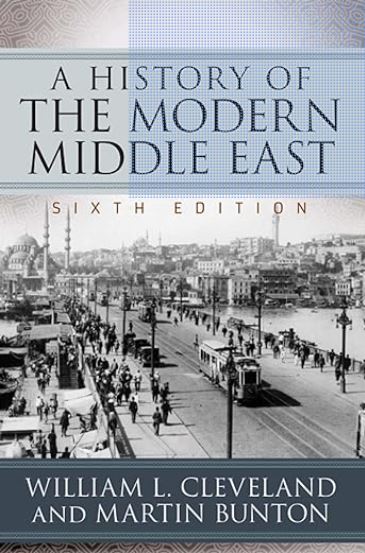This is a placeholder for your sticky navigation bar. It should not be visible.
The Israeli-Palestinian conflict is one of the most important and complex challenges facing the world today. How did it begin? What happened to make it all go so wrong? And why is it so hard for the two sides find agreement? In this series, Dr. Jason Hansen (Associate Prof. of History, Furman University) unpacks the difficult history of the region. Rather than engaging in polemics or defenses of one of the groups, the series tries to help listeners understand the process of how we got here. Why did Zionism begin and how did Jewish migrants transform themselves from refugees into a nation? How did the Arab population create a Palestinian identity out of the complexities of Ottoman, Christian/Muslim and Arab belonging? How did Ottoman, British and French imperialism effect the story, and what role have neighboring Arab states such as Jordan and Egypt played in these processes? Why did the two communities turn to violence, or more specifically which members of the two embraced violence as a strategy for political change? Finally, the series explores the reasons behind some of the missed opportunities for peaceful coexistence.
Look below for links to sources and recommended media related to this episode.

Israel-Palestine: Reflections of an Historian
Israel-Palestine: 1880-1914
Israel-Palestine: The First World War
Israel-Palestine:
The Mandate (1919-36)
Coming soon!
Sources/Recommendations:
(click below for Amazon link)




